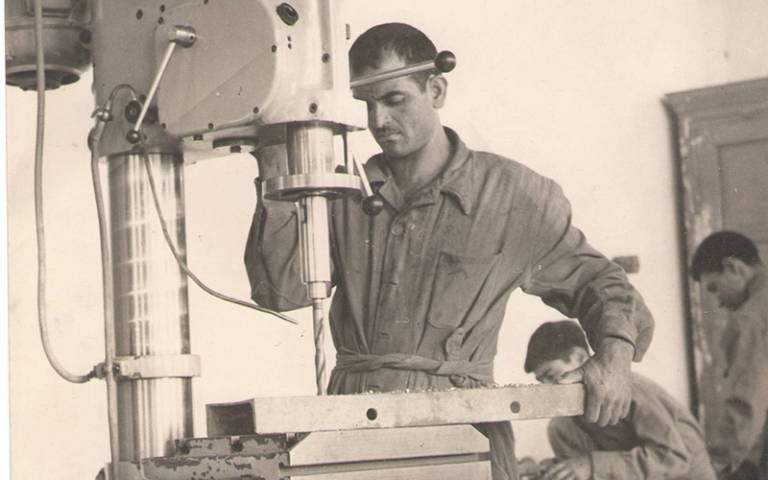DPU PhD candidate defends thesis on manufacturing enterprises in Kabul’s market economy
29 June 2021
Congratulations to DPU PhD candidate, Kambaiz Rafi, who has successfully defended his thesis that the manufacturing sector has not grown structurally significant in Kabul’s ‘conflict-affected market economy’ during 2002-2018.

In his thesis, titled 'Habitus and Embodied Institutions; A Study of Manufacturing Enterprises in Kabul’s Conflict-Affected Market Economy and Adaptive Strategies for Enterprise Continuation during 2002-2018', Kambaiz Rafi studies the effects of embodied institutions rooted in social structures on the individual decision to enter manufacturing activities in Kabul during 2002-2018 – a political economy characterized by political conflict and a market-oriented ‘enabling environment approach’ (EEA). With the EEA taken as the macro-level policy backdrop, his study draws on the dialectical relationship between the patriarchal family and Quranic injunctions pertaining to socio-economic life. In so doing, he draws the embodied institutions that are used as micro-analytic tools for explaining data patterns pertaining to the investment decision and the subsequent strategies for enterprise continuation.
Using a ‘convergent parallel mixed method’, his research has adopted the Bourdieusian framework, in particular the concepts of habitus and field. Rooted in the family-religion relationship, the effects of investor habitus are observed in structuring the decision to enter manufacturing sector and the subsequent encounter with this field, including strategies for enterprise continuation. The latter, moreover, is seen as closely patterned along the patriarchal family hierarchy, reproducing in large degree the social structure where habitus is produced in the context.
Building on this empirical analysis, the study relies on qualitative indicators to conclude that targeted state/bureaucratic intervention is therefore required in such a context to promote this sector’s growth within a modified EEA framework, and to moderate the uninterrupted transfer of the patriarchal family hierarchy into this sector through political and regulatory means.
Photo caption: A worker in a state factory (circa. 1950s, Kabul, Afghanistan). Source: The Archives of the Embassy of Afghanistan in Washington, D.C., USA (Scanned and Digitized by the Author).
 Close
Close

